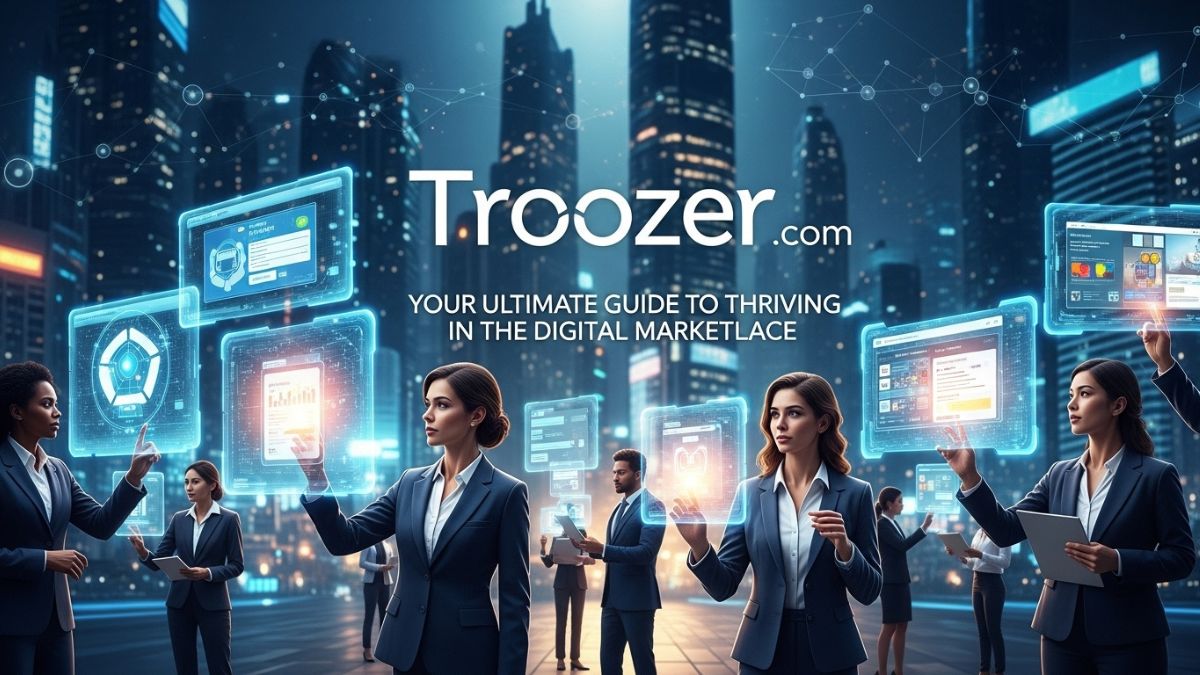Search Engine Optimization (SEO) remains a cornerstone for driving organic traffic to websites. While on-page SEO garners significant attention, off-page SEO optimization is equally vital for achieving higher rankings in search engine results. This article explores the most effective practices for off-page SEO, offering actionable insights to help websites build authority, credibility, and visibility.
Understanding Off-Page SEO
Off-page SEO refers to all the activities conducted outside of your website to improve its ranking on search engine results pages (SERPs). While on-page SEO focuses on elements like content and technical structure, off-page optimization emphasizes building credibility and trustworthiness through external signals.
One critical element of off-page SEO is link building, a process of earning backlinks from reputable websites. These links act as endorsements, signaling to search engines that your site is a valuable resource. Another component includes social media engagement, where active participation on platforms like LinkedIn or Twitter can amplify your brand’s reach.
Search engines also consider factors like brand mentions, online reviews, and domain authority in their rankings. Together, these elements create a robust off-page strategy that complements on-page efforts, fostering a well-rounded approach to SEO.
The Role of Link Building
Link building remains one of the most influential aspects of off-page SEO. High-quality backlinks serve as endorsements, demonstrating to search engines that your content is trustworthy and relevant. However, it’s not just about quantity but the quality and relevance of the links.
Effective link-building strategies include earning backlinks from authoritative websites in your industry. For instance, collaborating with credible sites through partnerships or outreach initiatives can significantly improve your site’s authority. Blogger outreach is a key component here. Offered by leading SEO agencies such as RiseOpp, blogger outreach enables you to connect with niche influencers who can link to your site naturally.
It’s also crucial to diversify your link profile. Search engines favor a natural mix of links, including DO Follow, NO Follow, and various anchor texts. This diversity indicates that the links are earned organically rather than through manipulative tactics.
Social Media Engagement
Social media engagement plays a pivotal role in off-page SEO. Platforms like Facebook, Instagram, and Twitter provide an avenue to share content, engage with audiences, and drive traffic back to your site. Although social signals may not directly impact rankings, their indirect effects are undeniable.
Sharing high-quality, engaging content on social media increases its likelihood of being shared by others. This amplifies your content’s reach, potentially attracting more backlinks and driving organic traffic. Additionally, consistent interactions with your audience help establish your brand’s authority and credibility within your niche.
Integrating social media into your off-page strategy involves more than sporadic posts. A structured plan—complete with analytics, targeting, and content calendars—ensures consistency and effectiveness. With the right approach, social media becomes a powerful tool to complement your overall SEO efforts.
Content Marketing and Guest Posting
Content marketing is a cornerstone of off-page SEO, bridging the gap between creating value and building authority. By producing insightful and relevant content, businesses can attract backlinks, drive traffic, and establish themselves as thought leaders.
Guest posting remains a highly effective content marketing tactic. Writing articles for other websites allows you to tap into new audiences while earning backlinks in return. However, it’s essential to choose reputable platforms relevant to your industry to ensure that these backlinks carry weight.
Furthermore, creating evergreen content—articles, guides, or resources that remain relevant over time—can yield sustained benefits. Such content naturally attracts links and maintains traffic long after publication, making it an integral part of any off-page SEO strategy.
Leveraging Local SEO
For businesses targeting specific regions, local SEO is a critical component of off-page optimization. Off-page local SEO activities focus on enhancing your business’s visibility within local search results and ensuring accurate, consistent listings.
One effective practice is optimizing your Google My Business (GMB) profile. A well-maintained GMB listing—complete with accurate contact information, high-quality images, and regular updates—can significantly boost your visibility in local searches. Encouraging satisfied customers to leave positive reviews also helps build trust and credibility.
Additionally, engaging with local directories and forums strengthens your local presence. When executed strategically, these activities help solidify your authority within the targeted region, translating to higher rankings and better engagement with local audiences.
Monitoring Brand Mentions and Reputation Management
Brand mentions, whether linked or unlinked, contribute to your site’s authority in search engines’ eyes. Monitoring and managing these mentions is a vital off-page SEO tactic that goes beyond traditional link-building strategies.
Using tools like Google Alerts or SEMrush, businesses can track when and where their brand is mentioned online. This provides opportunities to request backlinks from unlinked mentions or address negative feedback to protect your reputation. A proactive approach to reputation management builds trust and fosters positive perceptions.
Actively engaging with your audience on review platforms or forums also helps reinforce your commitment to customer satisfaction. By responding to reviews—both positive and negative—you demonstrate transparency and accountability, factors that can enhance your brand’s credibility.
Analyzing and Adapting Your Off-Page Strategy
The success of any off-page SEO campaign hinges on ongoing analysis and adaptation. Without tracking your efforts, it’s impossible to determine what strategies are yielding results and which need refinement.
Using analytics tools like Google Analytics or Ahrefs allows you to monitor key metrics such as referral traffic, backlink profiles, and domain authority. These insights enable you to adjust your tactics, focusing on high-impact activities while phasing out ineffective ones.
Regularly updating your off-page strategy ensures it remains aligned with your business goals and the ever-changing SEO landscape. By staying informed and adaptable, you can maintain a competitive edge and consistently achieve higher rankings.
Final Thoughts
Off-page SEO optimization is a multifaceted process that extends beyond traditional link-building. It encompasses activities ranging from social media engagement to local SEO and reputation management, all working together to enhance a website’s authority and visibility. By implementing these best practices, businesses can build a robust online presence, attract quality traffic, and secure higher rankings in search engine results. The key lies in consistency, authenticity, and adaptability—elements that form the foundation of a successful off-page SEO strategy.















